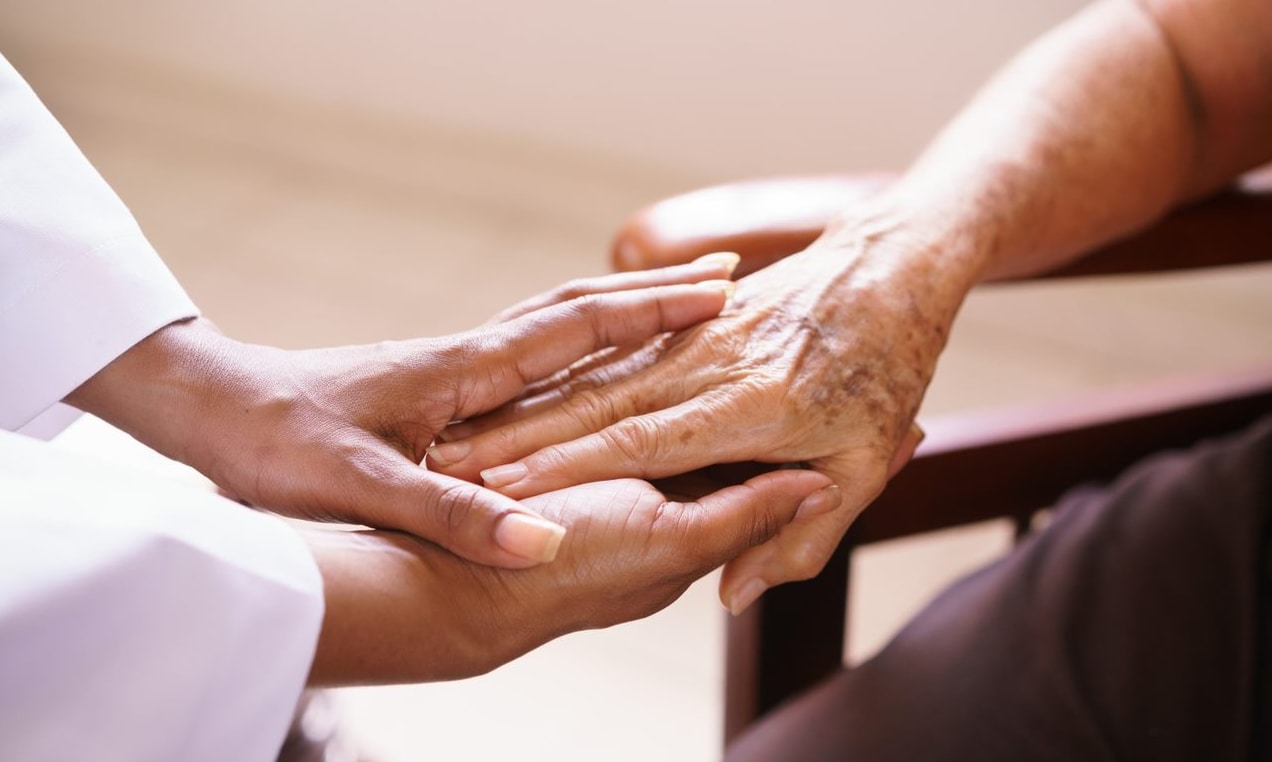By Chandi Deitmer, LICSW, Senior Care Advisor
As a caregiver already swept up in the complexities of older adult care, it can be hard to imagine adding your loved one’s mental health to your growing list of concerns. And yet – you don’t have an explanation for those recent worrisome changes you’ve noticed. Your mother’s thinking hasn’t been as sharp, her sleep has been disrupted, and she just can’t seem to get off the couch. You chalked it up to normal aging for a while, but you can’t shake the feeling that your parent just isn’t acting like herself.
Surprising though it may be, all the above could be due to mental health concerns. While symptoms of psychiatric conditions – such as depression, anxiety, and even psychosis – are often associated with changes in mood and behavior, they can also have a significant impact on an older adult’s cognitive abilities and physical health. The good news? There’s a range of treatments that can be tailored to your loved one’s needs. But how do you find the right care, better understand the illness, and support your family member’s mental health? Below are some tips.
1. Educate yourself.
Does your dad already carry a psychiatric diagnosis? Learn more about the symptoms of the illness and note what an episode for him typically looks like. If you are given permission, ask the health care team if there are any warning signs you should be on the lookout for.
2. Note significant changes to your loved one’s functioning.
As an attentive caregiver, you may see shifts in mood and behavior that could go unnoticed in a brief doctor’s appointment. Noticeable changes in sleep, appetite, motivation, and thinking could be indications of mental health and/or medical issues that your loved one, her PCP, and her mental health provider should be made aware of. Mom must sign a release of information for you to receive information about her healthcare; however, you are always permitted to share your concerns with health care providers.
3. Access care early and regularly.
Mental health resources are sometimes limited, so seek an appointment with a professional as soon as you suspect a need. Share your concerns with your loved one’s primary care physician (PCP) and request a referral to mental health services. PCPs may be able to provide interim support while you await specialist appointments. Try to find a geriatric psychiatrist and/or therapist who understands the intersection of medical, psychiatric, and cognitive issues unique to older adults.
4. Develop a safety plan.
If your loved one struggles with a severe mental illness or suicidality, work with a mental health provider to develop a safety plan. Familiarize yourself with local emergency resources. While 911 should always be the phone number to call in an immediate crisis, many areas offer specialized mental health crisis teams. Should you be wondering whether to bring your loved one to the hospital – or should they refuse to come along – these teams can be invaluable guides as to the next best steps.
5. Keep a record.
Work with Dad to develop a record of his response to the pharmacological, behavioral, cognitive, and other treatments that he has tried. Did any cause unpleasant side effects? Were some helpful for certain symptoms, but less so for others? Sharing this history with health care providers will allow them and him to collaborate on an informed treatment plan.
6. Respect autonomy.
Mental health care often deals with highly personal and sensitive issues. Explore in what aspects of care your loved one would like your support and involvement. It’s important to establish boundaries around your role so that you can preserve a healthy and balanced relationship. Your Senior Care Advisor at Care.com can guide you on how best to have these delicate conversations.
7. Focus on what only you can do.
Care teams – doctors, social workers, psychologists –offer treatment and specialized support, but cannot offer the love and companionship that you can provide. Spend time focused on activities and conversation that bring you and your loved one joy and that nurture a sense of mental wellbeing for you both.
For support, contact a Senior Care Advisor at Care.com. We are master’s-level social workers specializing in adult and senior care. Call us today at (855) 781-1303 x3 or email questions to careplanning@care.com.





